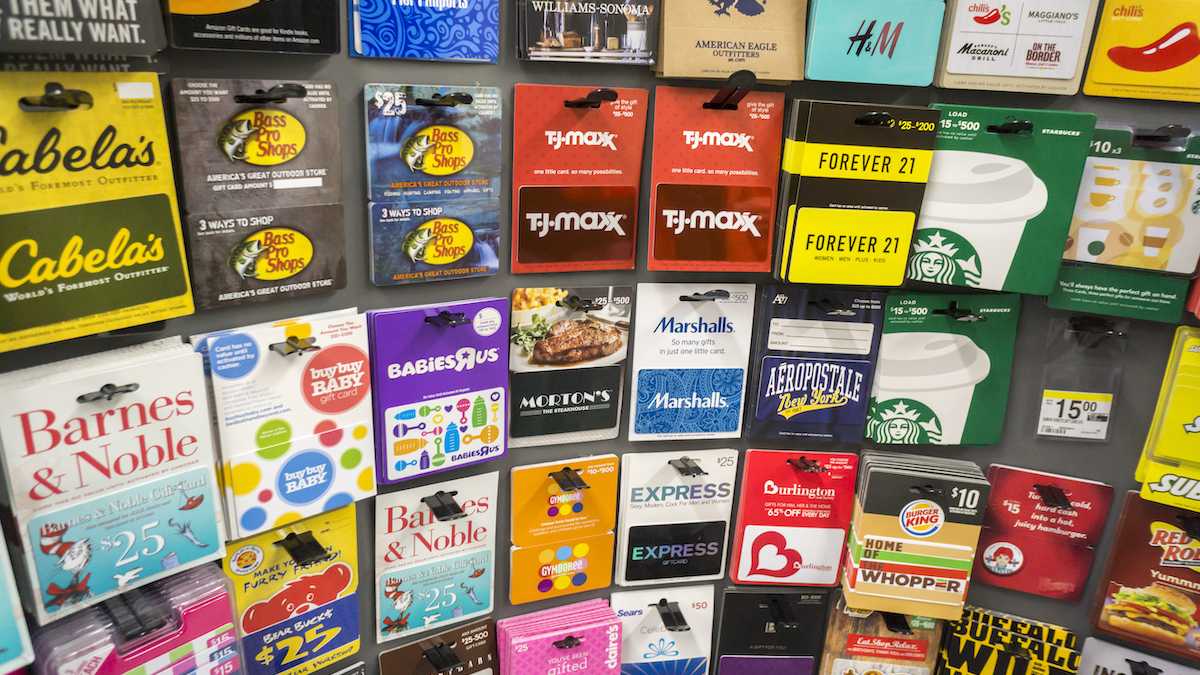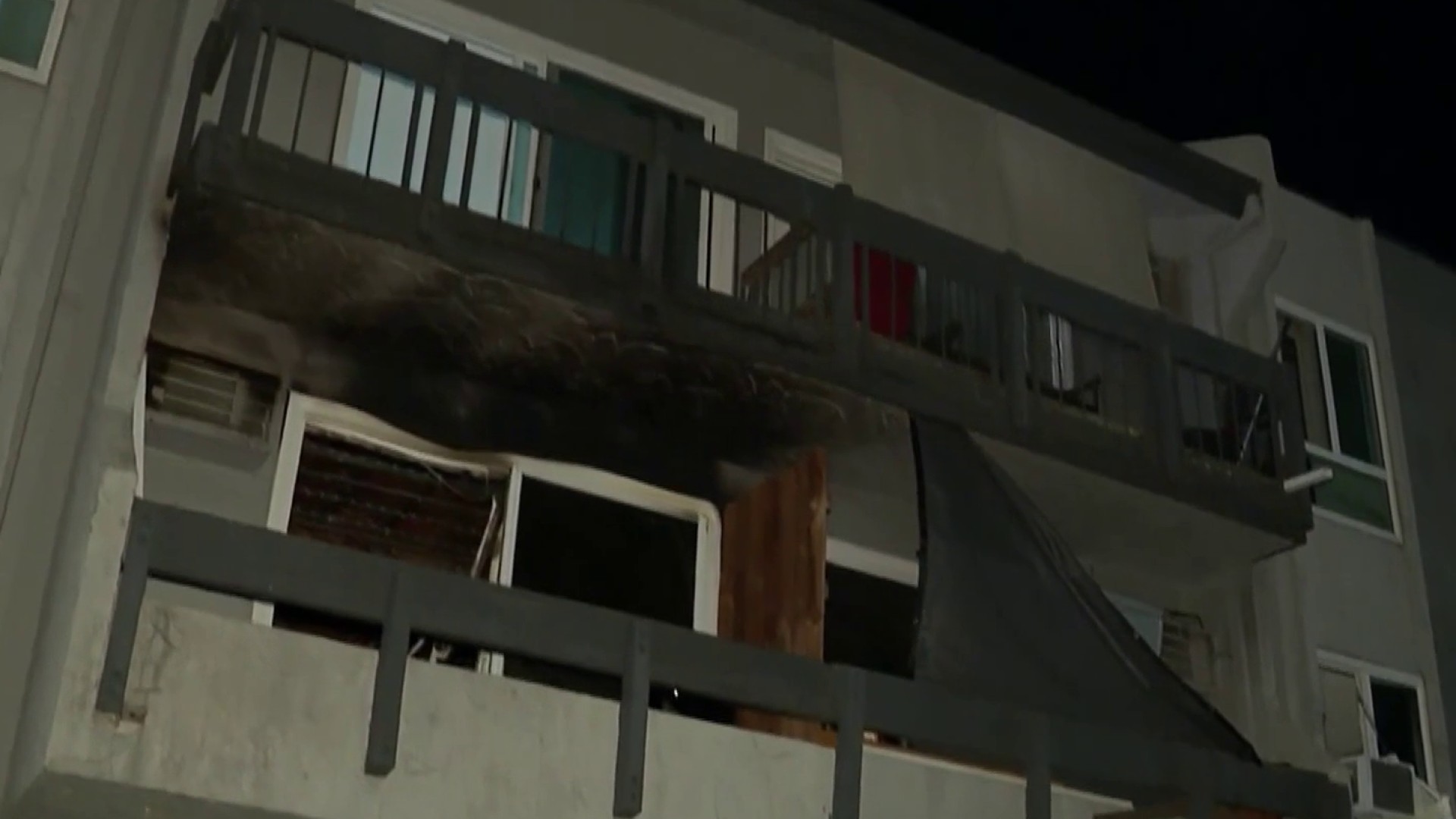A domestic violence survivor is speaking out in hopes that Southern Californians who can't call 911 during an crisis will soon have a way to send an emergency text message for help.
"It can happen to anyone," Maria Ortiz said. "There’s no discrimination."
Maria’s breaking point was when she says she was forced into and locked inside of a car in the mountains.
“He stopped the car and said he was going to kill me,” Ortiz said. “It was like four or five hours of beating.”
Ortiz said she texted her sister to alert her family that she was in trouble. Still, six hours passed before searchers found her.
Officials say they pinpointed her approximate location through cell towers from her text message.
“Given a moment of being able to text on (my phone), I know that it can help a lot of women out there,” Ortiz said.
The idea seems like a no-brainer, but the truth is, making it possible to text 911 isn’t that simple.
Los Angeles Police Lt. Peter Casey, director of LAPD’s 911 dispatch center, said the technology to handle emergency text messaging in Southern California is still developing.
“I definitely think it’s something that’s viable and necessary,” Casey said.
Vermont, Maine and Indiana are the only states that currently offer 911 texting.
Local
Get Los Angeles's latest local news on crime, entertainment, weather, schools, COVID, cost of living and more. Here's your go-to source for today's LA news.
San Bernardino County is working to implement 911 texting in what will be considered the pilot program for Southern California.
Barbara Palmer, chief revenue officer of CallFire, which provides text messaging platforms, has joined the chorus in favor of 911 texting.
“People are using it all the time in all situations, all age demographics, all socio-economic background,” Palmer said.
Palmer said text messages often go through when traditional phone calls can’t, and in emergencies, victims who cannot talk may be able to text.
“This is just one way that if you are in a situation to let someone know that you are in need,” Palmer said.
Casey said cost always must be factored into a technology conversion. But beyond just money, it also requires a good amount of coordination.
“(The) problem with text is, it will delay the service,” Casey said.
LAPD's 911 center receives 300,000 calls a month. Responding to emergency calls takes training, and responding to a text that could be incomplete could be compared to asking a dispatcher to do some detective work.
To respond to a text, Casey said police would have to get a warrant from the cellular provider, then an approximate location from cell towers, which would response time compared to a traditional 911 call.
Right now, the LAPD dispatches patrol cars in response to emergency calls, on average, in less than a minute; with texting, Casey says that time could triple.
While the program is still being developed, Ortiz said there are women dying while their abusers escape justice.
Her advice to victims of domestic violence or anyone who can’t call in an emergency is to do what she did: Text a friend or loved one and tell them to call 911.



